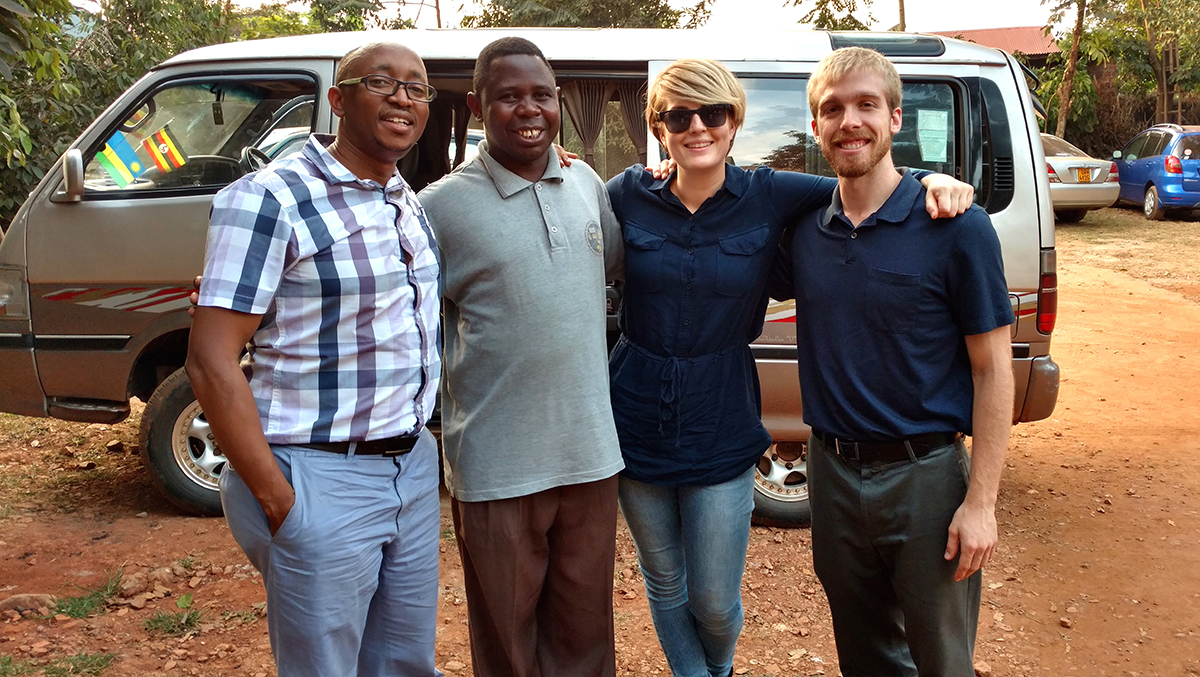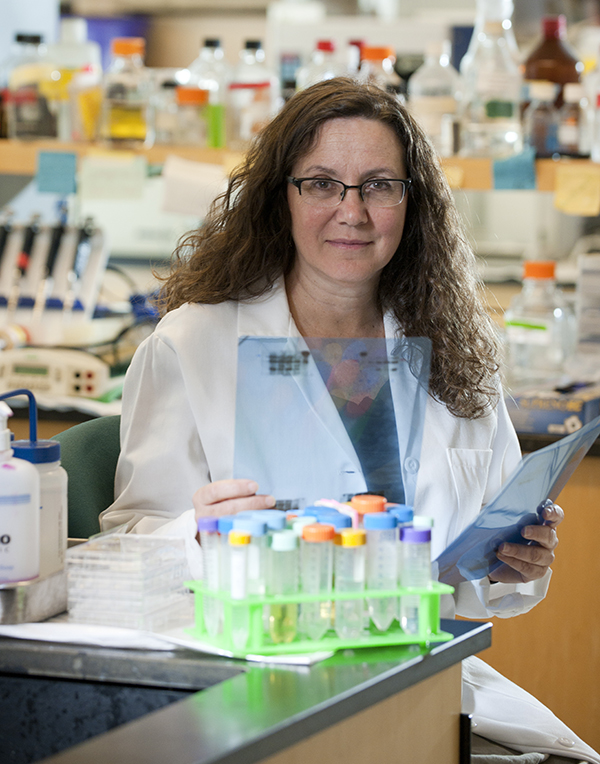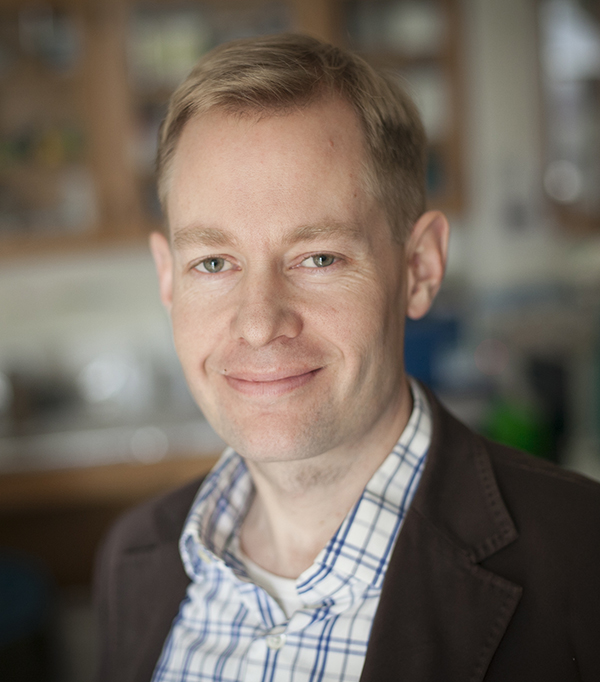$1M NIH grant helps researchers refine quick cancer test
By Blaine Friedlander

The National Institutes of Health has awarded researchers from Cornell University, the University of California, San Francisco, and the Infectious Diseases Institute in Kampala, Uganda, a four-year, $1 million grant to hone technology for a quick, in-the-field diagnosis of Kaposi’s sarcoma – a cancer frequently related to HIV infections.
One of the most common cancers in sub-Saharan Africa, Kaposi’s sarcoma has significant morbidity and mortality rates. It’s difficult to distinguish from other cancers, particularly in Africa, where access to pathology is limited to a few hospitals.
Now, a Cornell-developed solar-powered system will allow medical technicians to obtain biopsy samples in the field and easily administer reliable tests for Kaposi’s sarcoma, said David Erickson, Cornell professor of mechanical and aerospace engineering, the grant’s principal investigator. With this solar thermal PCR (polymerase chain reaction) system, the technicians can deposit the biopsied material into the solar thermal PCR device – called KS Detect – and complete diagnostic tests with a smartphone app in about 30 minutes.
“These DNA kinds of test demand energy and speed. We have now seized the energy through the sun, which helps us provide state-of-the art agility in detecting this cancer,” said Erickson.
“Kaposi sarcoma is one of the most common cancers in parts of Africa, affecting people who do not have easy access to doctors and hospitals,” said Dr. Ethel Cesarman, professor of pathology and laboratory medicine at Weill Cornell Medicine and a key investigator on the grant. “Because it is difficult to diagnose, patients show up to the doctor with very advanced tumors that are almost always too late to treat and have a very poor prognosis. Our project is developing an easy diagnostic method that can be implemented in small rural clinics, so that diagnosis can be made in early stages and still be cured with available treatments.”


Cesarman said if this work succeeds, it could be expanded to other diseases. “We can have a tremendous impact on the survival of affected patients,” she said.
In the grant’s first phase, the scientists will construct rugged solar-powered Kaposi’s sarcoma detection units, train and deploy local health technicians, and clinically validate test samples collected from the partners in African health systems. In the second phase, the scientists and engineers will prove the units provide early stage detection better than existing procedures and that results lead to better outcomes.
Erickson said the grant’s team blends U.S. and African expertise in engineering, oncology, diagnostics, epidemiology, global health and technology/business development. In addition to Erickson and Cesarman, the team comprises Dr. Jeffrey Martin and Dr. Toby Maurer, professors of dermatology, UCSF, and Aggrey Semeere and Robert Lukande of the Infectious Diseases Institute in Kampala, Uganda.
“For patients who have to wait weeks to get transport money and then travel over hundreds of miles for a biopsy, and then after the biopsy, endure an agonizing wait for almost a month to get the results of the biopsy, this point-of-care technology will certainly be a game changer,” said Semeere. “This offers an opportunity to catch Kaposi’s sarcoma in its earliest stages, where treatments are simple and cheaper – with a better chance for cure.”
Media Contact
Get Cornell news delivered right to your inbox.
Subscribe